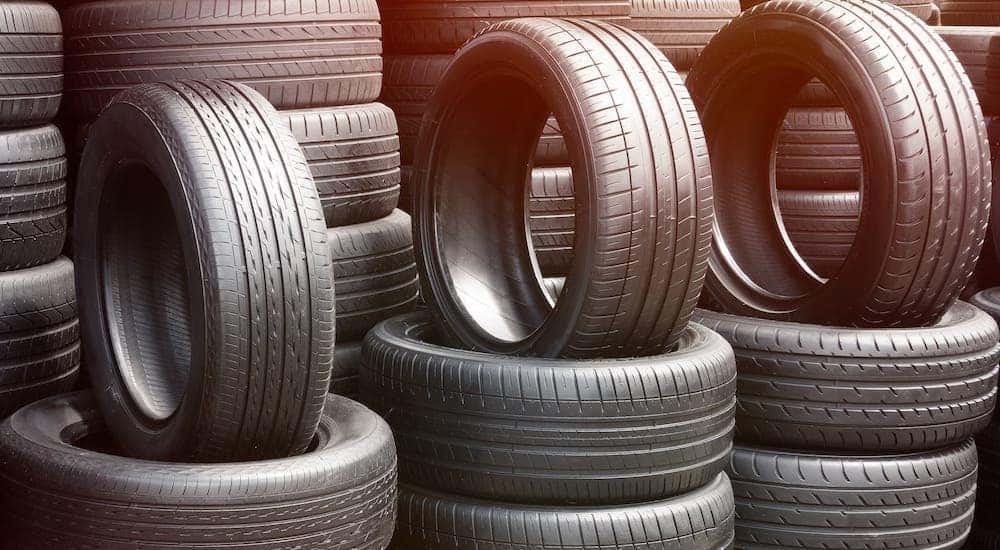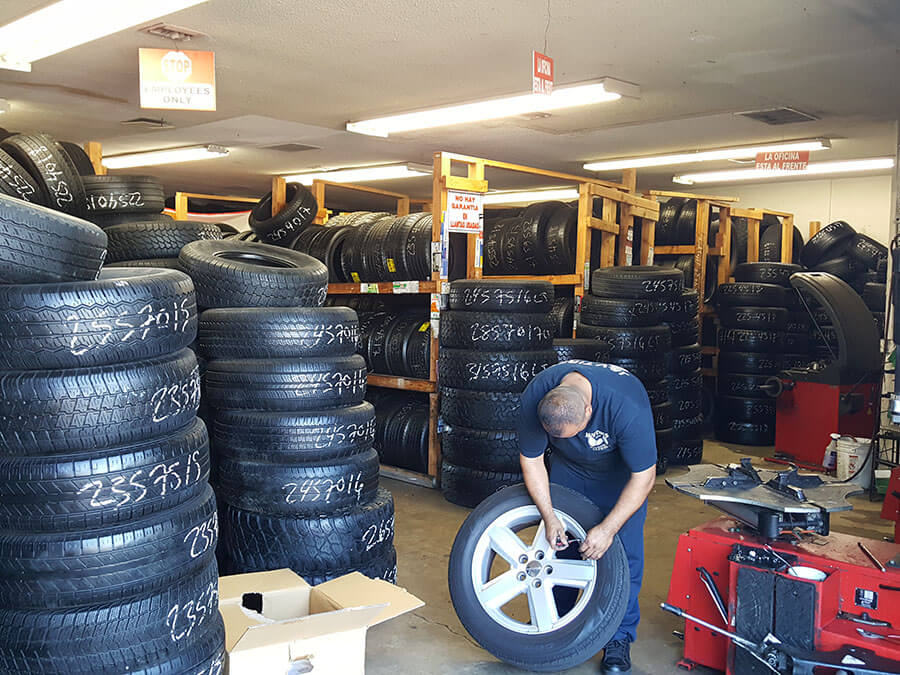Tire Solution: Recognizing Tire Pressure Surveillance Systems
Comprehending Tire Stress Surveillance Equipments (TPMS) is a crucial facet of preserving optimum automobile performance and safety on the roadway. With developments in automobile modern technology, TPMS has come to be a conventional attribute in modern-day vehicles, providing real-time info on tire pressure levels. Delving much deeper into the ins and outs of TPMS, one can reveal the different parts that comprise this system and the value of each in guaranteeing precise monitoring. From straight to indirect TPMS systems, the landscape of tire pressure surveillance is varied, each with its one-of-a-kind collection of advantages and factors to consider. Remain tuned to unravel the intricacies of TPMS, from upkeep tips to the undeniable benefits of keeping your tires properly inflated. morris tire and alignment.

Significance of TPMS
The relevance of Tire Stress Monitoring Systems (TPMS) lies in their capacity to improve lorry safety and efficiency through real-time surveillance of tire pressure degrees. Maintaining the right tire pressure is vital for making certain optimal handling, braking, and total safety and security of a lorry. TPMS gives motorists with prompt feedback on any type of overinflated or underinflated tires, enabling for timely changes to be made.
Parts of TPMS
Sensors are typically situated in the tire shutoff stem or attached to the wheel assembly, where they determine tire stress and send data to the control module. Some advanced TPMS models additionally display the real tire pressure analyses for each tire, providing vehicle drivers with real-time information to make sure ideal tire efficiency and security. By keeping track of tire stress continually, TPMS helps protect against mishaps, lowers tire wear, and improves fuel efficiency, making it a crucial element for lorry safety and performance. morris tire and alignment.
Sorts Of TPMS

On the other hand, indirect TPMS relies upon the lorry's wheel rate sensors to check tire pressure. This system identifies underinflation by contrasting the rotational rates of the wheels. Indirect TPMS is less expensive than direct TPMS, as it uses existing sensors within the automobile.
While direct TPMS uses more precise analyses, indirect TPMS is simpler in layout and typically requires less maintenance. Both systems have their advantages and restrictions, and the selection between them typically relies on elements such as expense, vehicle make, and individual preference. Comprehending the distinctions in between these two types of TPMS see this website can aid vehicle owners make notified choices concerning tire maintenance and security.
TPMS Upkeep Tips
Effective maintenance of TPMS is crucial for ensuring ideal performance and security of your automobile. On a regular basis examining the TPMS sensing units for any kind of damage or rust is vital. Make certain that the sensing units are clean and complimentary from particles that can conflict with their performance. Furthermore, it is advisable to check the sensor batteries periodically and replace them as needed to ensure exact analyses. Conduct regular examine the tire stress degrees and compare them with the TPMS readings to ensure they are consistent. Alter the system complying with the producer's guidelines if there are any discrepancies. Throughout tire rotation or replacement, make sure that the TPMS elements are dealt with thoroughly to avoid any morris tire and alignment possible damages. Finally, if the TPMS cautioning light brightens on the control panel, attend to the issue promptly by inspecting the tire stress and the general system for any type of faults. By adhering to these upkeep ideas, you can prolong the life-span of your TPMS and improve the safety and security of your driving experience.
Benefits of Proper Tire Pressure
Keeping proper tire pressure, as stressed in TPMS Upkeep Tips, is important for gaining the various advantages connected with ideal tire stress degrees. One of the main advantages of keeping the correct tire pressure is boosted gas efficiency. When tires are properly inflated, there is less moving resistance, causing better fuel economic climate. In addition, correct tire pressure ensures also tire wear, expanding the life-span of the tires and promoting safer driving conditions. With the best tire stress, lorries also have much better handling and traction, particularly in unfavorable climate condition. This can boost general driving performance and security for the driver and guests. Keeping ideal tire stress can add to a smoother and extra comfy ride by reducing resonances and sound created by underinflated tires. In final thought, the advantages of proper tire pressure exceed simply tire longevity; they encompass improved fuel performance, boosted safety, much better automobile efficiency, and general driving convenience.
Verdict
To conclude, recognizing tire stress tracking systems (TPMS) is essential for preserving optimum tire stress and making sure lorry safety and security. By acknowledging the significance of TPMS, being familiar with have a peek here its parts, knowing the different types available, adhering to proper upkeep suggestions, and understanding the benefits of maintaining proper tire stress, motorists can boost their driving experience and extend the life expectancy of their tires. Proper tire stress is key to efficient and risk-free automobile procedure.
